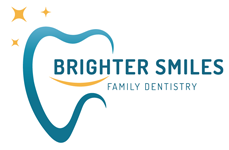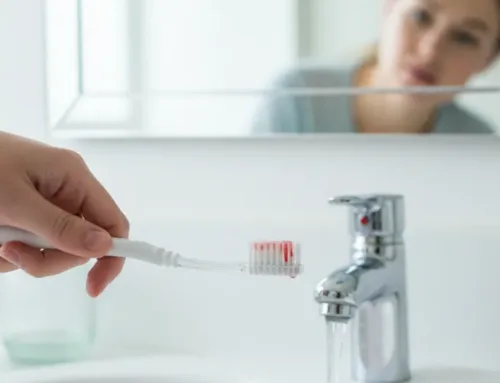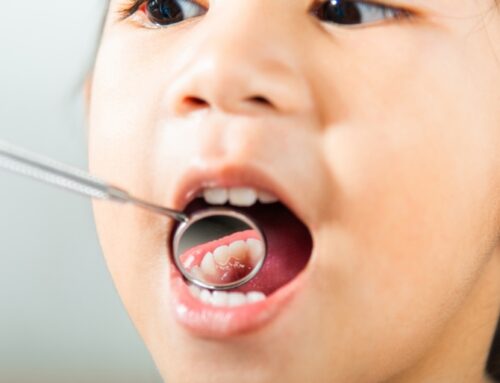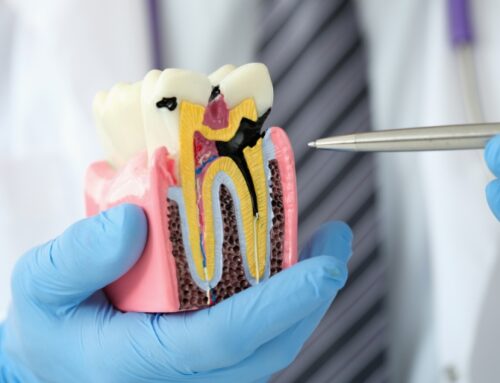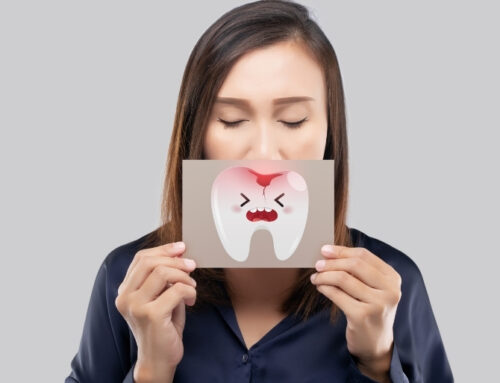
Mastering proper brushing and flossing techniques is foundational for optimal oral health. While regular dental cleanings effectively tackle plaque and tartar, the daily practice of these essential techniques at home is just as critical. Skillful brushing and flossing not only bolster oral wellness but also brighten your smile and guard against various dental conditions.
Crucial Benefits of Regular Brushing and Flossing:
Essential Tools for Effective Oral Hygiene:
Maintaining optimal oral health starts with the right tools. Here’s a quick guide to the essentials:
All these instruments are key components of your daily dental care regimen, playing a significant role in promoting oral health and enhancing the radiance of your smile.
Step-by-Step Guide to Proper Brushing
Proper brushing is a cornerstone of dental health. Here’s how to brush effectively in a few easy steps:
- 1
Selecting Your Toothbrush: A soft-bristled toothbrush is ideal. It should feel comfortable in your hand and reach all corners of your mouth, whether it’s manual or electric.
- 2
Toothpaste Quantity: A pea-sized dollop of fluoride toothpaste is sufficient. For young children, a smaller, rice grain-sized amount is recommended.
- 3
Optimal Angle for Brushing: Position your toothbrush at a 45-degree angle to your gums. This strategic angle aids in effectively cleaning both the gum line and the surfaces of your teeth.
- 4
Effective Brushing Strokes: Use gentle, circular motions when brushing the front, back, and top surfaces of your teeth. This technique is kinder to both your gums and tooth enamel, avoiding the damage caused by vigorous brushing.
- 5
Thorough Brushing Focus: Be diligent in brushing every part of each tooth, giving extra attention to rear teeth and areas near dental restorations such as fillings or crowns.
- 6
Cleaning Your Tongue: Brush your tongue gently to eliminate bacteria and enhance breath freshness.
- 7
Duration of Brushing: Spend two minutes brushing, twice daily. Use a timer or a toothbrush with an integrated timer to keep track.
- 8
Final Rinse: Post-brushing, rinse your mouth to clear out residual toothpaste and dislodged plaque.
Adhering to these steps not only improves your brushing technique but also contributes significantly to your overall oral hygiene and a more radiant smile.
The Correct Way to Floss
Flossing is as crucial as brushing for maintaining oral health. Here’s how to floss correctly to maximize its benefits:
- 1
Choosing Your Floss: Whether it’s waxed, unwaxed, or dental tape, select a floss that feels comfortable and slides easily between your teeth.
- 2
Appropriate Floss Length: Use around 18 inches of dental floss. This length is ideal for using a clean section for each tooth and ensures you have a comfortable grip.
- 3
Initiating the Flossing Process: Wrap the majority of the floss around one middle finger, and wind the remaining part around the same finger of the other hand. The second finger will gradually collect the used floss.
- 4
Smooth Flossing Action: Carefully insert the floss between your teeth in a gentle zigzag motion. Avoid abrupt or forceful movements to prevent discomfort or harm to your gums.
- 5
Proper Angle: Curve the floss into a ‘C’ shape against one tooth. Slide it into the space between the gum and the tooth until you feel resistance.
- 6
Roll and Clean: Move the floss up and down against the tooth surface to remove plaque and food particles. Repeat this process for each tooth, including the back sides of your last molars.
- 7
Rinse After Flossing: Once done, rinse your mouth to remove any dislodged debris.
Remember, regular flossing is key to removing plaque and preventing tartar build-up, which brushing alone can’t achieve. It’s an indispensable part of your daily oral hygiene routine.
Enhancing Your Oral Hygiene Regimen
Taking your oral hygiene to the next level goes beyond regular brushing and flossing. Adopting additional practices can greatly benefit your dental health. For instance, incorporating a water flosser, or oral irrigator, into your routine can be a game-changer. This device emits a pulsating stream of water, effectively dislodging food remnants and plaque from areas typically challenging to reach with traditional floss.
Consider the application of dental sealants as well. These protective coatings, when applied to the molars, act as a barrier against decay, particularly in the deep crevices of these teeth that are difficult to clean thoroughly with a toothbrush.
Nutrition also plays a pivotal role in oral health. Emphasize a diet rich in calcium and phosphorus – think dairy, nuts, and lean protein – to reinforce tooth enamel. Limiting sugary and acidic foods is equally important to reduce the likelihood of decay and protect enamel integrity.
Finally, the importance of routine dental visits cannot be overstated. Regular professional cleanings and check-ups are key to maintaining oral health and identifying any issues early on. These appointments also offer the chance to receive tailored advice to further improve your oral hygiene practices.
Embracing these advanced oral hygiene strategies is a proactive approach to safeguarding your dental health and ensuring a lasting, healthy smile.
Caring for Your Oral Hygiene Equipment
Effective oral hygiene relies on well-maintained tools:
Adopting these care routines for your dental tools is a small but crucial step in maintaining their effectiveness and supporting your dental health.
Conclusion: Reinforcing Good Oral Hygiene Habits
To wrap up, enduring dental health hinges on a thorough and regular oral hygiene regimen. Embracing proper brushing and flossing techniques is fundamental to this process. A healthy mouth and a radiant smile are the rewards of consistent adherence to these routines, augmented by advanced oral care methods and diligent maintenance of your hygiene tools. These daily practices, though simple, are vital in safeguarding your overall dental health.
Connect with Brighter Smiles for Expert Dental Care!
Ready to take your oral health to the next level? Step up your oral health journey with Brighter Smiles Family Dentistry. We offer a range of personalized dental services tailored to your needs. From essential check-ups and thorough cleanings to specialized procedures, our team is committed to maintaining and enhancing the health and brightness of your smile. Book your visit with us and feel the unique care provided by Brighter Smiles!

About the Author
Brighter Smiles Family Dentistry, led by Dr. Melani Fulton, upholds a legacy of exceptional dental care in West Des Moines, IA. Dr. Fulton, a University of Iowa College of Dentistry alumna, specializes in family dentistry and orthodontics. She succeeded Dr. Dan Todd in 2021, continuing a tradition of patient-centered, high-quality dentistry. Committed to gentle, modern treatments, Dr. Fulton’s approach is deeply rooted in community values, ensuring every patient feels like family at Brighter Smiles.
